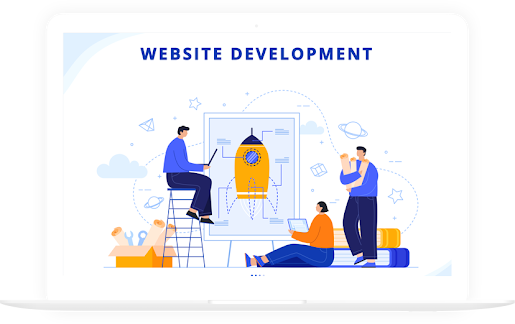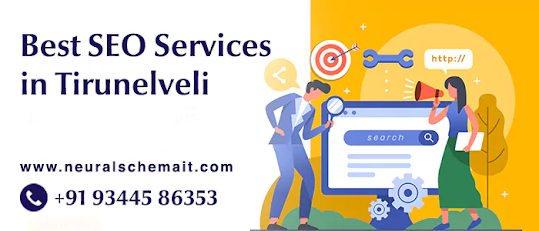Manual Website Vs WordPress Platform Websites
When it comes to building websites, there are two primary approaches: manual development and using a platform like WordPress. Each method has its advantages and considerations, making them suitable for different purposes. Let's explore the differences between manual websites and WordPress platform websites:
Manual Website Development:
Full Creative Control: Building a website manually offers complete creative freedom. Developers can design every aspect of the site to match their vision, without limitations imposed by templates or themes.
Customization: Manual development allows for highly customized features and functionality tailored to specific needs. Complex web applications and unique design elements can be integrated seamlessly.
Performance Optimization: Developers have fine-grained control over the code and can optimize it for performance.
Security: While security depends on the developer's expertise, manual websites can be built with strong security measures. Developers can address vulnerabilities and respond quickly to emerging threats.
No Platform Constraints: Manual websites are not tied to a specific platform, giving more flexibility to switch hosting providers or make backend changes as needed.
Challenges of Manual Development:
Time-Consuming: Building a website from scratch requires significant time and effort, especially for complex projects.
Higher Costs: Custom development often comes with higher upfront costs, as it may require skilled developers and more extensive testing.
Maintenance: Regular maintenance and updates are essential, which can be an ongoing cost and effort.
WordPress Platform Websites:
Ease of Use: WordPress is known for its user-friendly interface, making it accessible to individuals without extensive coding knowledge. It's an excellent choice for bloggers, small businesses, and those looking for a quick setup.
Vast Plugin Library: WordPress offers a wide range of plugins and themes, allowing users to add various features and change the website's appearance easily.
Community Support: Users can find tutorials, support forums, and documentation to help with troubleshooting and learning.
SEO-Friendly: WordPress includes built-in SEO features and plugins like Yoast SEO, making it easier to optimize content for search engines.
Frequent Updates: WordPress regularly releases updates to improve functionality and security.
Considerations for WordPress:
Customization Limits: While WordPress is highly customizable, there may be limitations when compared to fully manual development, especially for complex web applications.
Security Concerns: Because of its popularity, WordPress can be a target for security threats. It's crucial to keep themes, plugins, and the core system up to date to mitigate these risks.
Performance Optimization: While WordPress is generally fast, performance can be impacted by poorly coded plugins or themes. Careful selection and optimization are necessary.
Best Web Development Company in Tirunelveli- The choice between a manual website and a WordPress platform website depends on your specific needs, goals, and resources. Manual development provides complete control and customization but demands more time and expertise. WordPress offers accessibility, ease of use, and a thriving community but may have limitations for highly unique projects. Consider your project's complexity, budget, and long-term maintenance when making your decision.



Comments
Post a Comment